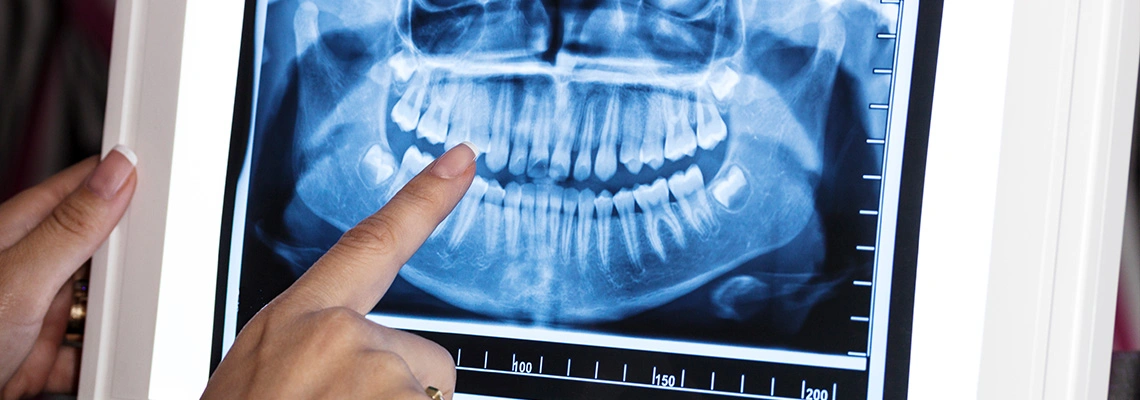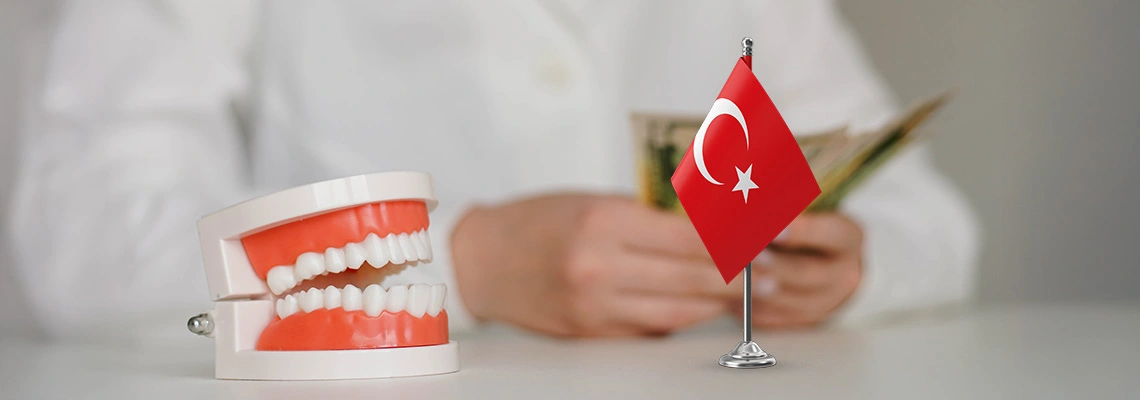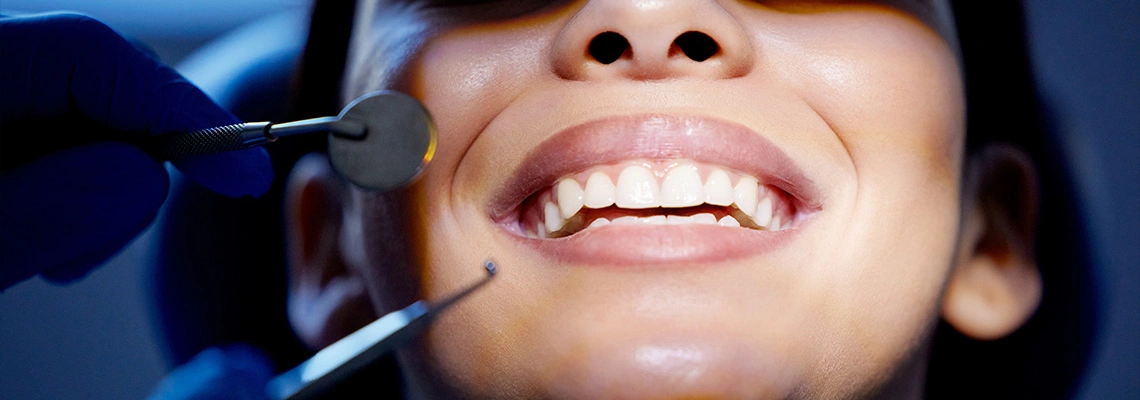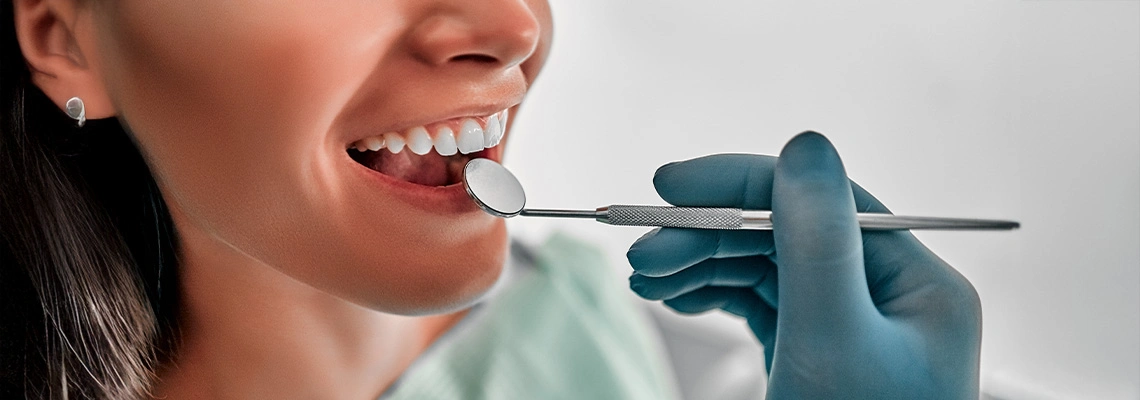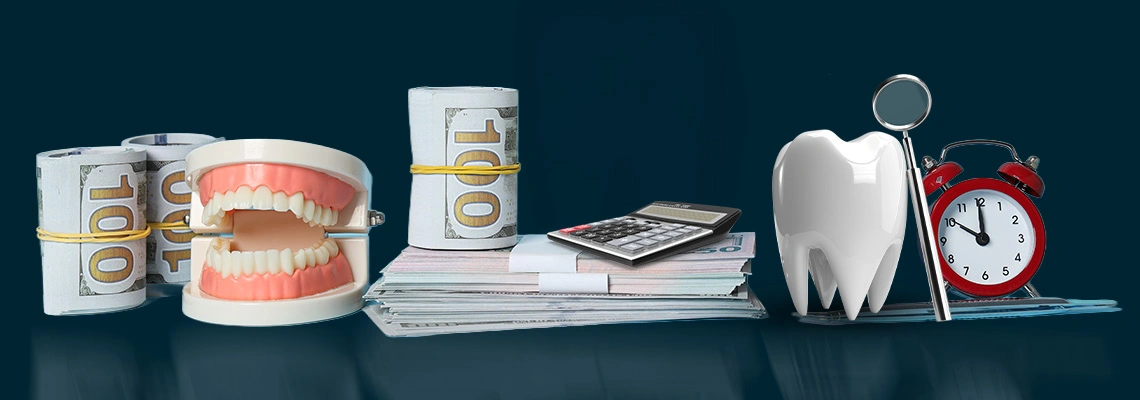Prosthodontics is one of the broadest therapeutic fields in dentistry, which aims to compensate for the missing structures of the mouth, teeth, hard or soft tissues, so what do we mean by Dental prosthetics and their types, let us get to know this and more through our next article.
What is the dental prosthesis?
Synthetic appliances of different types and forms that are placed inside the mouth to restore the functional and aesthetic capacity of the missing parts of the mouth, whether part of the tooth, the whole tooth, several teeth, hard or soft oral tissues.
What is the importance of dental prostheses?
-
Prevent weak or damaged teeth from fracture or extraction.
-
Restoring the functional and mastication ability especially for posterior teeth.
-
Improve aesthetic appearance and consistency of facial features.
-
Improve the ability of proper pronunciation.
When do we need dental prostheses?
-
In case of losing a large part of the tooth as a result of extensive caries or fractures.
-
To strengthen the tooth after pulp treatment.
-
losing the whole tooth or several teeth in the mouth.
-
In case of complete tooth loss.
-
An aesthetic problem with the color or shape of the tooth.
What are the types of dental prostheses?
Dental prostheses are mainly divided into two tops:
-
Fixed dental prostheses: which remain fixed in the oral cavity and include several forms:
-
Dental crowns: A tooth cover that is identical to the shape of the natural tooth. It is installed on the original tooth after preparation or on a dental implant. It is used to compensate for the loss in part of the tooth.
There are several types of crown, the most important of which are:
-
metal crowns:
These are the oldest dental prostheses used, which are usually made from inert metals such as gold or silver that are suitable for the oral environment. This type is known for its strength and durability but is unable to compensate for the color of the tooth, which affects the overall appearance.
-
aesthetic dental crowns:
It is commonly used today as it produces high aesthetic results, where it is similar in color and characteristics to the natural tooth in addition to its ability to withstand the pressure on the teeth. It is made of several materials, the most important of which are zircon, porcelain as well as ceramics.
-
Porcelain-fused-to-metal crowns: Metal crowns with cosmetic peels, combining the durability of the metal while maintaining the similarity of shape and color to the normal tooth, are not used frequently today due to the great development of aesthetic crowns.
-
Bridges: Bridges have several connected crowns and are used in cases of complete tooth loss or several adjacent teeth, but require the preparation of intact adjacent teeth.
-
Implants are a form of fixed dental prosthesis, where an artificial root is implanted into the bone and then a suitable tooth crown is installed to make up for the missing tooth.
-
Removable dental prosthesis: These are removable as needed by the patient and include full or partial dentures, and also include compensation for oral tissues such as kits that include part of the palate or jaw.
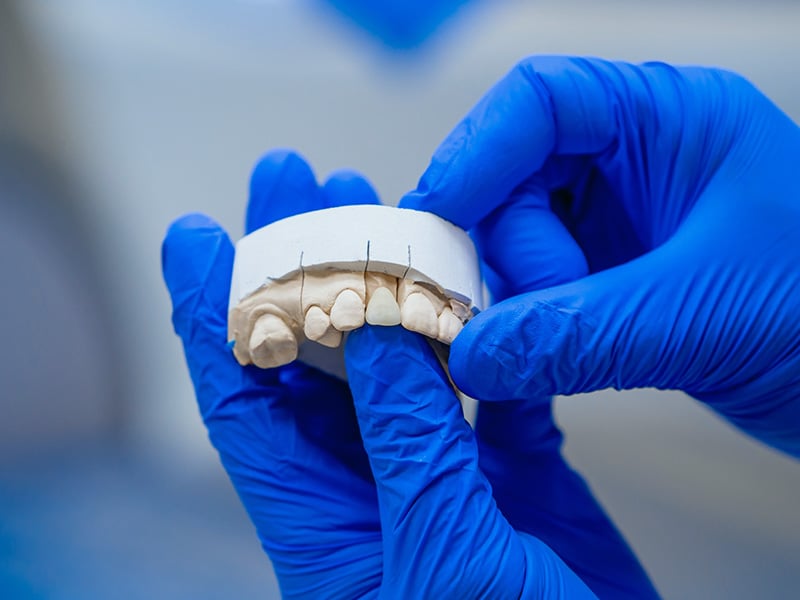
What are the drawbacks of dental prostheses?
Given the history of dental treatment, dental prostheses have made a clear shift by adding compensatory alternatives to the missing parts, but they still have many drawbacks, the most important of which are:
-
Probability of breakage or pigmentation, which changes the color of the prosthesis.
-
The need to prepare teeth, which weakens them.
-
The high cost of some types of prostheses, especially dental implants.
-
The difficulty of taking care of the hygiene of dental prostheses.
-
The difficulty of stabilizing mobile prosthetics makes them annoying for patients.
Dental prosthetic installation steps:
Dental prostheses treatment often requires several sessions due to the role of the dental laboratory in preparing appropriate prostheses, but in the case of fixed prostheses, treatment steps include:
-
Case evaluation, Assessment of the condition by determining the patient's general health condition, in addition to the level of oral health, the number, and location of the missing teeth, the level of oral hygiene, the condition of the jawbone, and the tissues surrounding the teeth.
-
Determining the appropriate type of dental prostheses depending on the patient's condition, number, and location of missing teeth.
-
Tooth preparation, Starting to prepare the tooth to stabilize the prosthesis, preparation may require some initial therapeutic procedures such as the removal of caries, nerve treatment, or tooth build-up, all of which are performed under local anesthesia so that the patient does not feel any pain.
-
Dental impression, a full dental impression is taken to prepare the prosthesis that matches the shape of the normal tooth in the lab through an impression material.
-
After the prosthesis is produced by the laboratory, the doctor will try the prosthesis in the following session to check the size, shape, and occlusion process.
-
If the prosthesis is suitable, it is installed directly on the surface of the prepared tooth.
-
After treatment, you need no special procedures other than postponing eating on the prosthesis side for the next day and constantly paying attention to its cleanliness.
-
In some cases where oral tissue is damaged during the preparation process, you may need to take painkillers or antibiotics as needed.
What is the cost of dental prostheses in Turkey?
The cost of dental prostheses varies according to the condition of the teeth, but in general, the cost of the dental crown ranges from 130-160 euros.
Dental Tips for maintaining prosthesis:
Some may consider dental care a difficult process because it needs continuous follow-up, but it is necessary to maintain the prosthesis as long as possible, so we recommend daily cleaning using a toothbrush and medical floss, as well as a regular visit to the doctor for examination and cleaning.

